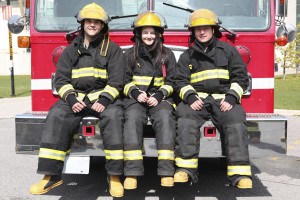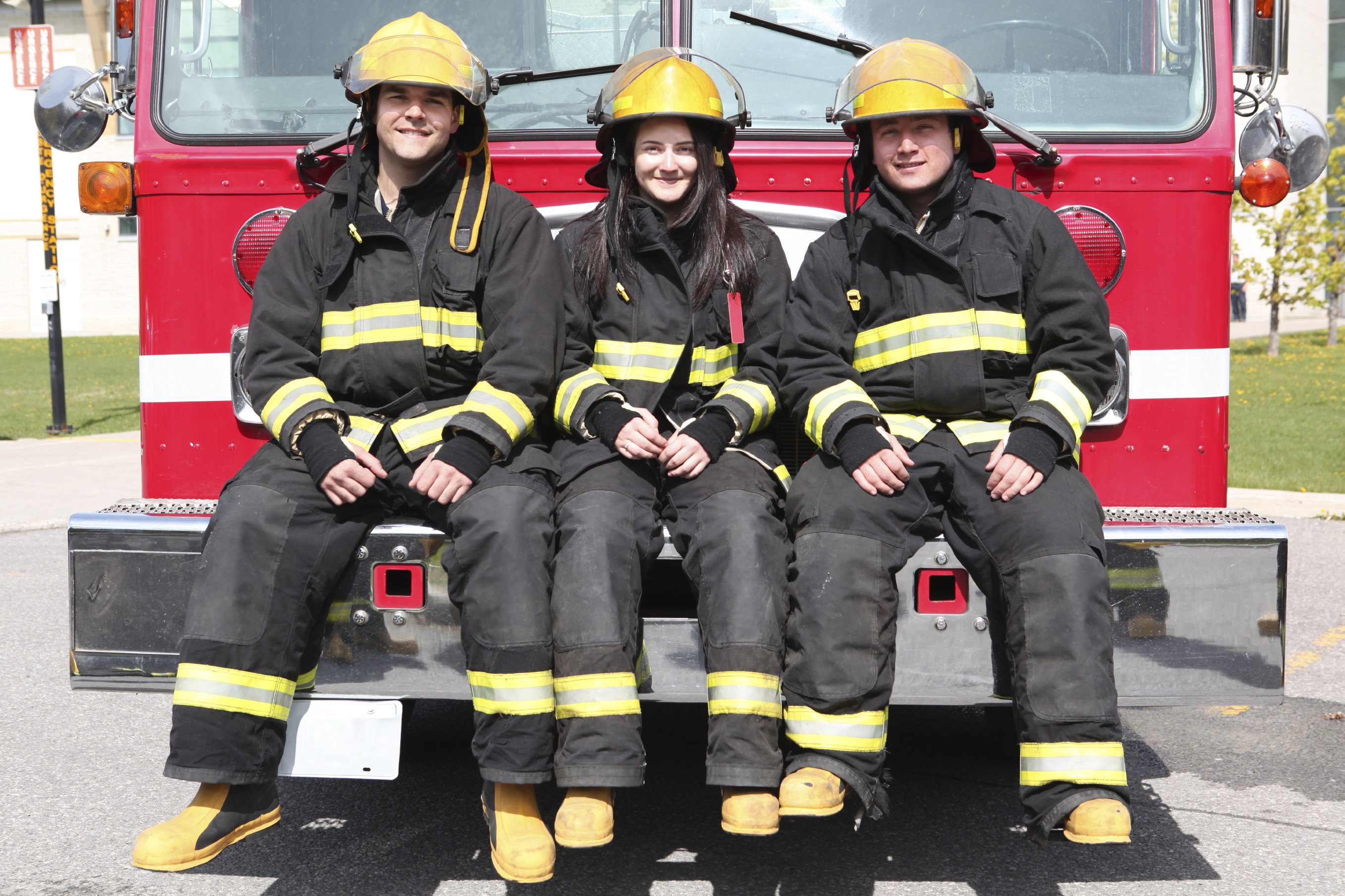What Brian Williams can Teach Fire Service Leaders (and the rest of us)
 Celebrity anchor Brian Williams was suspended from NBC News after Stars and Stripes broke the story that his oft-repeated tale of coming under fire in a Chinook helicopter was essentially a big, flying bag of lies. There has been much clucking and condemnation from all quarters, especially from veterans who have actually been fired upon, and journalists who claim never to have lied in the course of their work. What can we learn from this situation besides the obvious?
Celebrity anchor Brian Williams was suspended from NBC News after Stars and Stripes broke the story that his oft-repeated tale of coming under fire in a Chinook helicopter was essentially a big, flying bag of lies. There has been much clucking and condemnation from all quarters, especially from veterans who have actually been fired upon, and journalists who claim never to have lied in the course of their work. What can we learn from this situation besides the obvious?
I believe we can learn at least three lessons about storytelling that are especially relevant for fire departments, because their cultures and traditions depend on stories, old and new. Stories bring people into the fire service, and stories are used to illustrate and inform every step of a firefighter’s ongoing education. Stories form opinions both sound and unsound, and reinforce values both positive and negative. The stories we tell, and the way we tell them, are important.
I share these lessons not as a master, but as a guy who struggles with the very challenges I am describing here. So, it with some trepidation that I propose the following three lessons…
Lesson 1: Be cautious about telling stories in which you are the hero
This is a real challenge; stories are at the heart of my work with leaders both in and out of the fire service. While I am not tempted to invent tales of physical heroism, I am often tempted to recount moments when I believe I did something really well, or felt I made a difference. The problem: audiences generally aren’t as interested in me as I am. Often, when I succumb to that temptation, I hear about it either in person or via the written feedback. I continue to relearn that lesson of humility.
It is generally okay to tell stories of our own mistakes, especially to help others avoid them. Stories that convey our weaknesses, or just our humanity, help us to connect with others. When the stories highlight our great moments, however, they can have the opposite effect. We may not hear about it directly, either. Have you ever been in a group when someone who was blowing their own horn walked away? Do you remember the comments (or gestures) afterwards? Enough said.
Lesson 2: Scrupulously avoid untruths
How much black smoke was billowing out when you rolled up on the scene? How hot was it when you made entry? How much time did you spend pulling ceiling? Whoppers are tempting, too. Moreover, sometimes our memories shift. Our credibility ultimately depends on getting the facts right, and on acknowledging uncertainty where it exists. Veterans Affairs Secretary Robert McDonald recently spent considerable energy apologizing for stating that he was in Special Forces, a comment made to a veteran with whom he was “trying to connect.” Secretary McDonald earned the Ranger tab, but did not serve in a Ranger Regiment or other Special Forces unit. He regrets the remark, especially because it was recorded for posterity.
Exaggeration generally doesn’t strengthen the message of our story. Rather, when listeners doubt the facts or details, they are naturally distracted from our central message, or are turned off altogether. That especially includes those who remember an incident differently. With respect to the facts: when in doubt, leave it out.
Lesson 3: Own the messages your stories convey.
This lesson is not linked as directly to Brian Williams’s story, but it is critically important. When we tell war stories, what values are we promoting? What values are we neglecting or inhibiting? Compelling fireground stories tend to involve physical danger and considerable risks. There is nothing wrong with that. Physical courage is a very important aspect of the job, and a defining aspect of fire service culture. At the same time, if fire service leaders are raised on a steady diet of derring-do, they may miss equally critical lessons of professional judgment, care, and restraint. The declaration to go defensive rather than risk everything on a longshot effort to limit property loss isn’t a great story. It may be a great command decision. It certainly takes moral courage to make that call, with crews ready (and more than willing) to make entry. Tell those stories, too. Consider them a greater challenge for the art of storytelling, and a critical contribution to the art of professional firefighting.
Our stories can take on lives of their own, for better or for worse. The incident in which Brian Williams inserted himself took place a dozen years ago. That alone is a cautionary tale. Stories are critical for sharing learning, creating wisdom, and building culture. They can entertain, educate, or enlighten us in uniquely powerful ways. By observing these cautions, we safeguard that power and assure that we remain in a position to tell stories that are credible as well as compelling.





Leave a Reply
Want to join the discussion?Feel free to contribute!